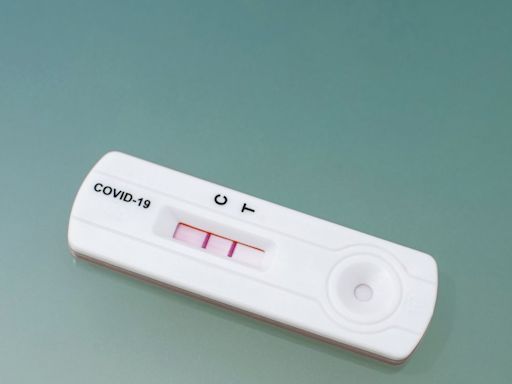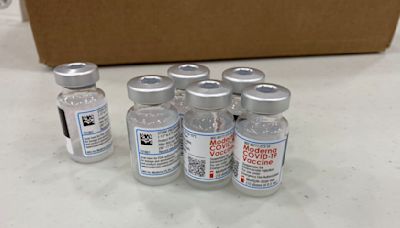Search results
Feb 6, 2023 · CDC uses viral genomic surveillance to quickly identify and track COVID-19 variants, and acts upon these findings to protect the public’s health. Some variants spread more easily and quickly than others, which may lead to more cases of COVID-19. For the most up to date information about current variants, visit CDC’s COVID Data Tracker.
- Symptoms
COVID-19 is caused by infection with a coronavirus named...
- Vaccines
Everyone 6 months and older should get an updated COVID-19...
- Definitions & Classifications
The SIG has updated its classification system and working...
- Cdc's Role in Tracking Variants
What is CDC doing to track SARS-COV-2 variants? In the...
- Variant Surveillance
Many viruses are constantly changing, including the virus...
- How Coronavirus Spreads
Coronavirus Disease 2019 (COVID-19) is most often spread...
- Ventilation
Good ventilation, along with other preventive actions, can...
- Symptoms
May 14, 2024 · Tracking SARS-CoV-2 variants. All viruses, including SARS-CoV-2, the virus that causes COVID-19, change over time. Most changes have little to no impact on the virus’s properties. However, some changes may affect the virus’s properties, such as how easily it spreads, the associated disease severity, or the performance of vaccines ...
May 8, 2024 · Variants of Concern (VOC) As of 3 March 2023, ECDC has de-escalated BA.2, BA.4 and BA.5 from its list of SARS-CoV-2 variants of concern (VOC), as these parental lineages are no longer circulating. ECDC will continue to categorise and report on specific SARS-CoV-2 sub-lineages in circulation that are relevant to the epidemiological situation.
Sep 1, 2023 · Alpha (B.1.1.7) was the first of the highly publicized variants. Alpha first appeared in Great Britain in November 2020 and infections surged in December of that year. It soon surfaced around the world and became the dominant variant in the U.S., where the CDC classified it as a variant of concern.
- 065208055
- kathy.katella-cofrancesco@yale.edu
May 3, 2024 · Since the beginning of the COVID-19 pandemic and with the evolution of the SARS-CoV-2 virus, multiple COVID-19 Variants of Concern (VOCs) and Variants of Interest (VOIs) have been designated by WHO based on their assessed potential for expansion and replacement of prior variants, for causing new waves with increased circulation, and for the need for adjustments to public health actions.
Nov 4, 2023 · Concern over variants, sometimes called strains, of the virus that causes COVID-19 is based on how the virus might change. A virus could get better at infecting people, spread faster or cause people to get sicker. As a virus infects a group of people, the virus copies itself. During this process the genetic code can randomly change in each copy ...





